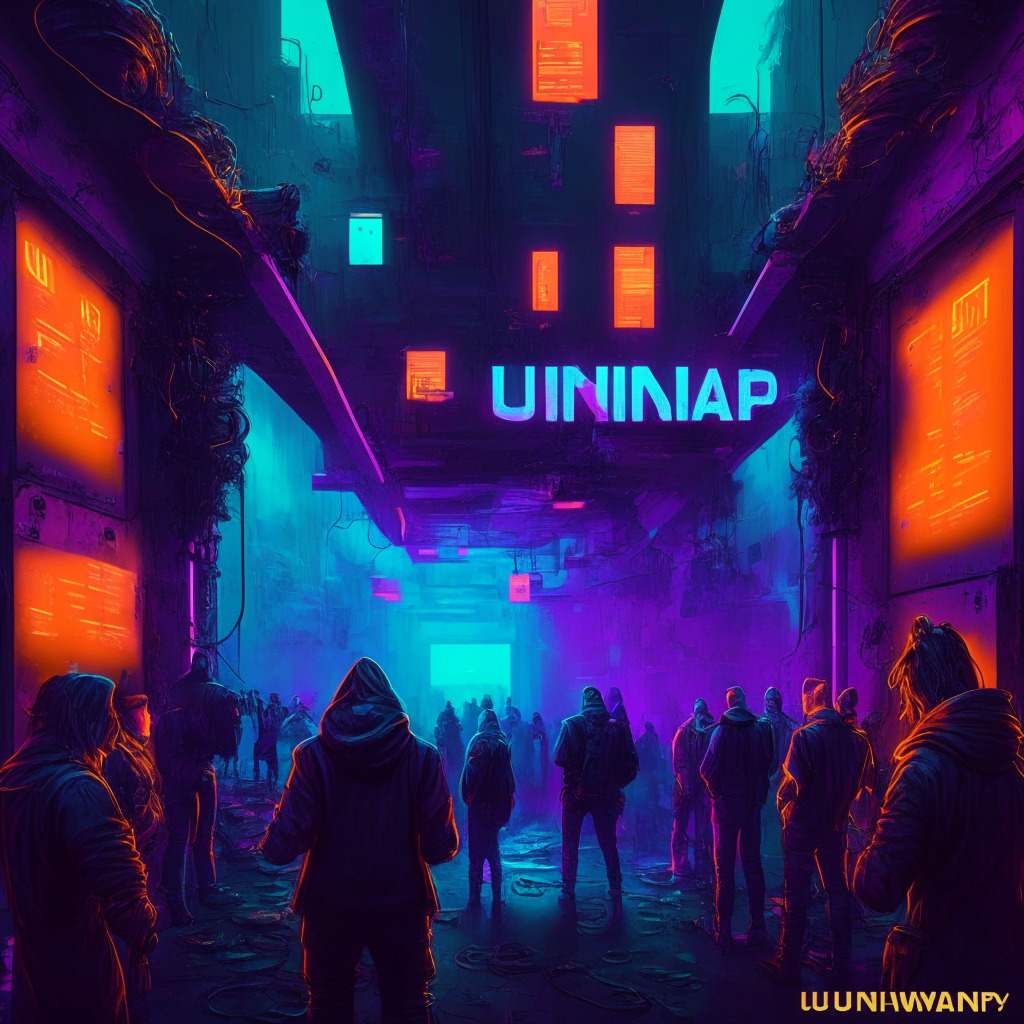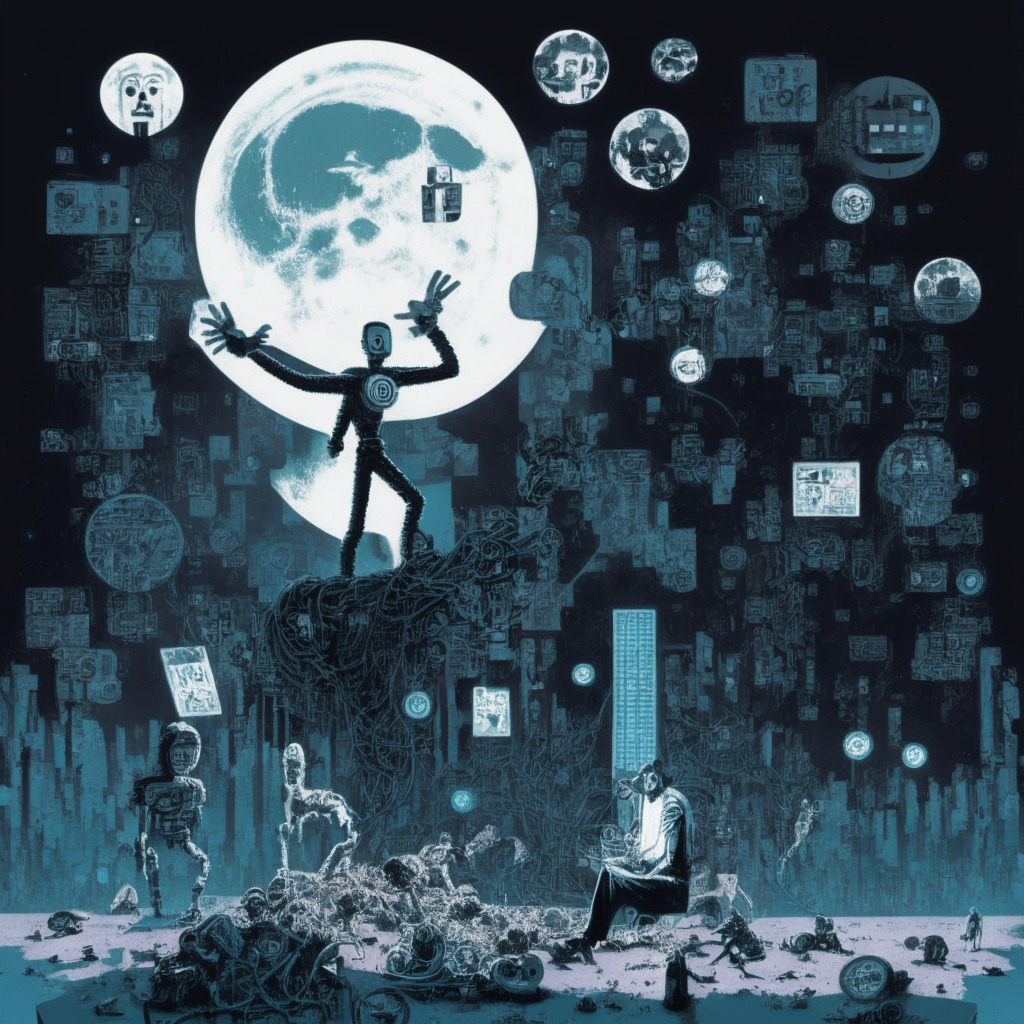The launch of the fourth version of the popular decentralized exchange (DEX) Uniswap has ignited a heated discussion within the open-source Ethereum community. The controversy stems from Uniswap’s choice of a Business Source License (BSL) for the v4 release, a decision that has left some Ethereum developers less than pleased.
In an interview with Decrypt, Ethereum developer and rotki founder Lefteris Karapetsas expressed his discontent with Uniswap’s decision, stating that the company “doesn’t understand open source” and wrongly believes that their code is their protection.
The BSL 1.1 offers public access to the code, authorizing copying, modification, and redistribution. However, it imposes a crucial limitation: the code cannot be used for commercial or production purposes for four years. After that period, it converts to a General Purpose License (GPL) permanently. Critics argue that the nature of this license is far from truly open-source, which typically falls under five different license categories such as Permissive, Berkeley Software Distribution (BSD), Massachusetts Institute (MIT), Apache, and Copyleft.
Scott Lewis, the inventor of Total Value Locked (TVL), also criticized Uniswap on Twitter for claiming to have open-sourced v4, while in reality, it employs a 4-year proprietary license. He argues that if anyone else misrepresented the truth in such a way, they’d be “torn to shreds.”
In response to the backlash, Uniswap creator Hayden Adams and the protocol’s team participated in a YouTube livestream to address the issue. Lead engineer Noah Zinsmeister believes that the BSL license strikes a “reasonable balance” between encouraging innovation and granting exclusive rights for four years before conversion to a GPL.
Despite the defense, Gabriel Shapiro, general counsel at Delphi Labs, a Web3 R&D platform, tweeted that the “Business source license is a tax on innovation.” He also expressed concern about potential copyright claims for developers who might unintentionally create something similar to BSL-protected code.
Uniswap’s latest version introduces “hooks,” a new type of smart contract that allows developers to expand existing liquidity pools. Sara Reynolds, lead smart contract engineer for the project, shared her enthusiasm for the innovation with Decrypt, stating that the possibilities for customization are “kind of limitless.”
Nonetheless, many in the open-source community feel that the marketing language used during the launch is misleading. Karapetsas took to Twitter to call out Uniswap for branding their product wrongly as open-source and urged the company to use suitable terminology in the future.
Source: Decrypt




